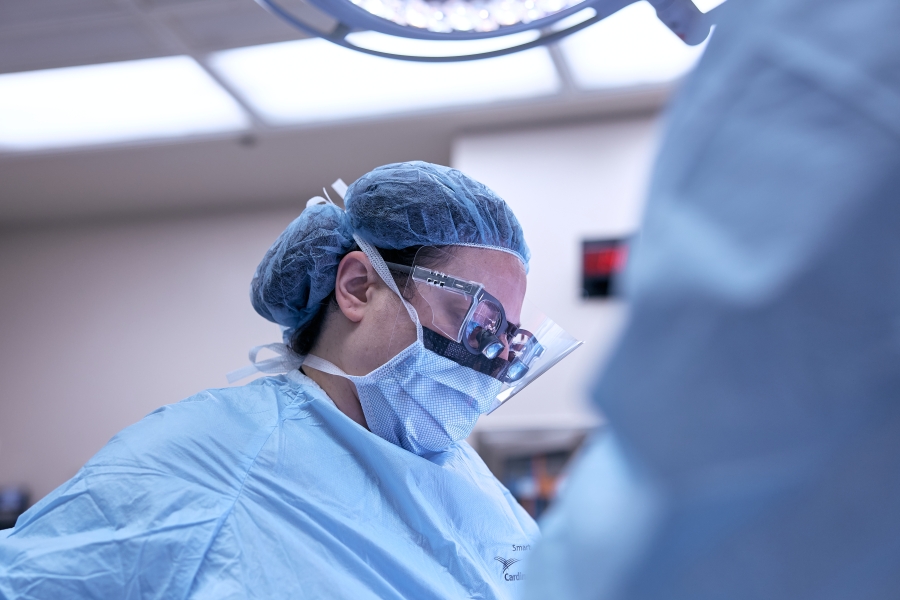Shortness of breath can be a symptom of many conditions that affect the heart or lungs. But, it’s an especially alarming symptom for my patients who previously had a blood clot in their lungs, called a pulmonary embolism (PE). For these patients, shortness of breath can be a symptom of a serious condition called chronic thromboembolic pulmonary hypertension, or CTEPH for short. Without treatment, CTEPH can lead to heart failure and even death.
Fortunately, CTEPH can often be cured with specialized surgery, which is available only at a few medical centers in the entire U.S. The Temple Heart & Vascular Institute in Philadelphia is one of the nation’s leaders.
I recommend that patients who have had a pulmonary embolism and who now experience shortness of breath be evaluated immediately at a Pulmonary Hypertension Association Center of Comprehensive Care for CTEPH, such as the Temple Heart & Vascular Institute.
What causes CTEPH?
CTEPH can occur after a patient has had a pulmonary embolism. It can also develop when a patient has no known history of clotting problems.
As I’ve explained to my patients, the body often dissolves blood clots on its own, but for many people, these clots don’t go away completely. They stay in the lungs and lead to reactions in the blood vessels of the lungs, causing scar tissue to form that grows and lines the blood vessels. This is called chronic clot.
A chronic clot causes pressure to build up in the arteries of the lungs, which is a form of pulmonary hypertension. This puts a great deal of strain on the right side of the heart. It makes it harder for people to breathe and to get oxygen out of the air.
What are the symptoms of CTEPH?
Some people with CTEPH have mild symptoms, while others experience severe shortness of breath that limits their quality of life. I’ve had patients with CTEPH who are not able to walk a few feet across the room.
Other symptoms of CTEPH can include:
- Lightheadedness
- Fatigue
- Chest pain
- Racing pulse
- Fluid build-up with the swelling of the legs or abdomen
It can be a devastating and even fatal condition.



